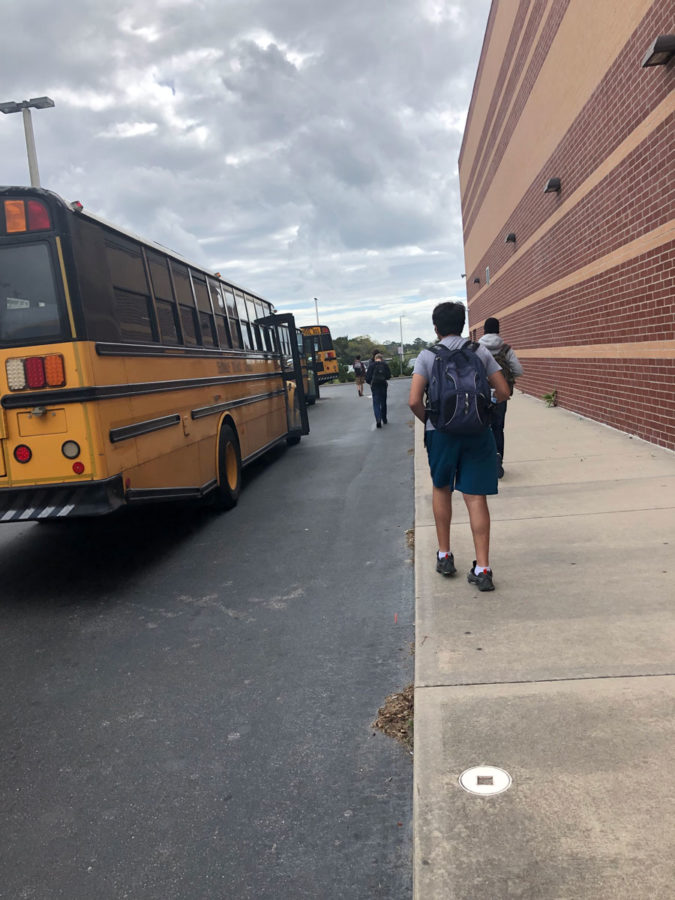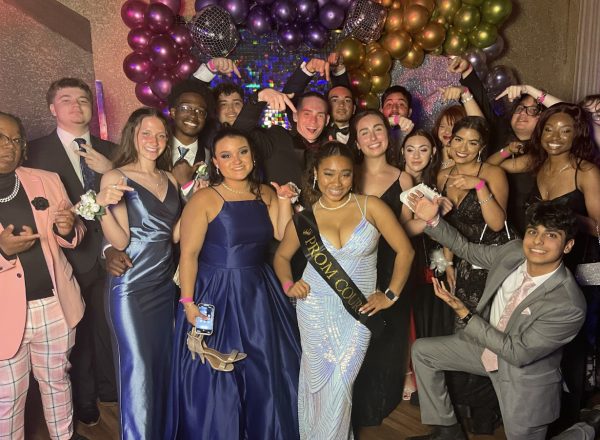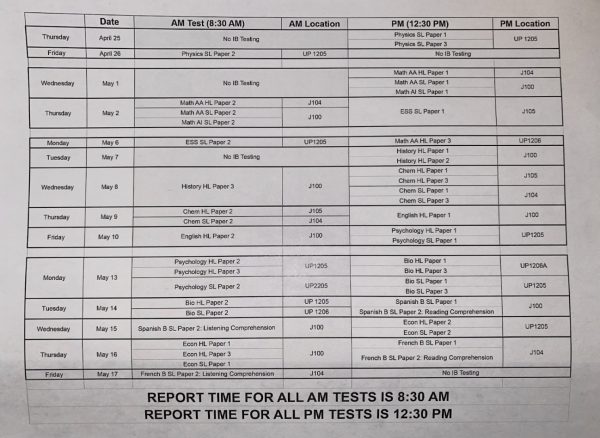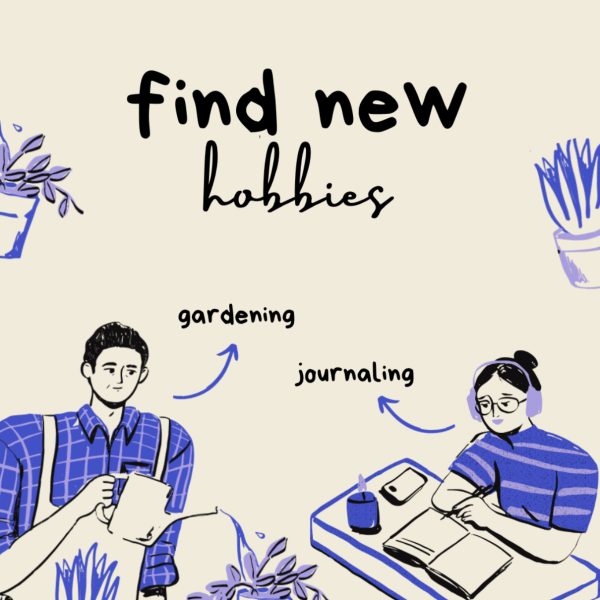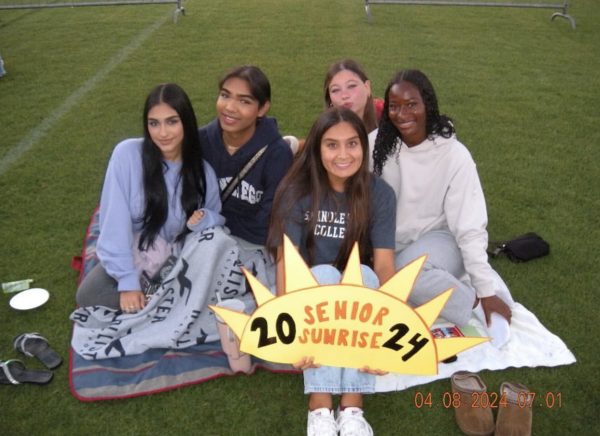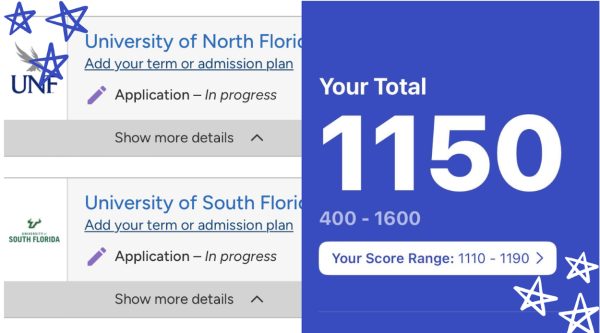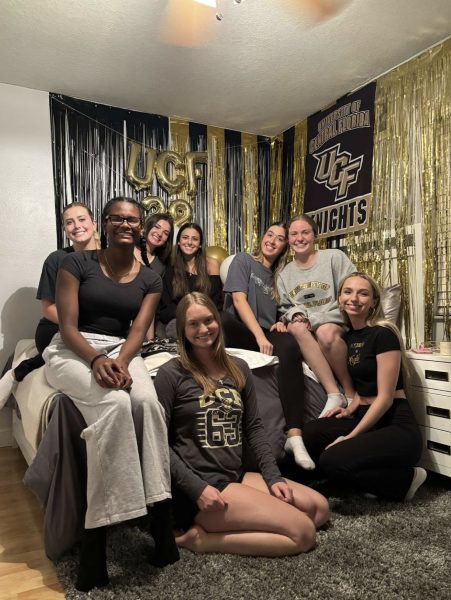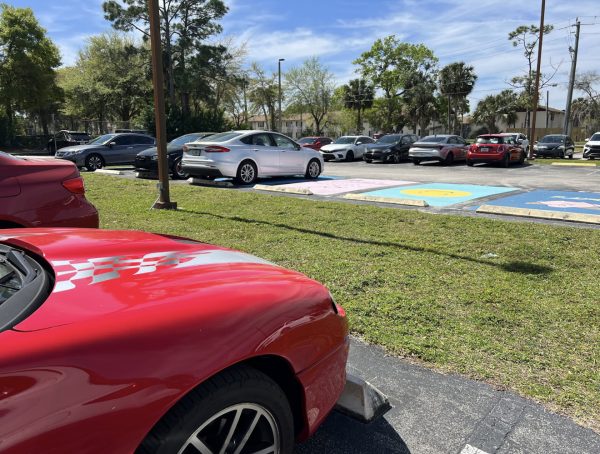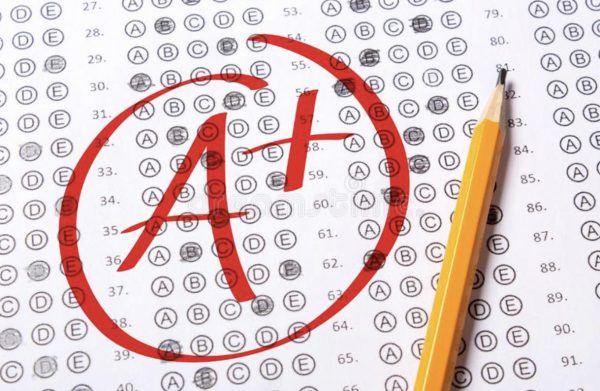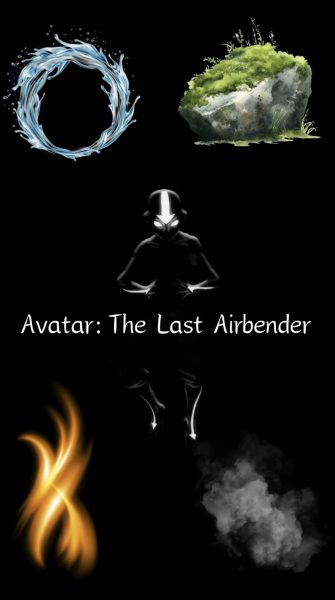OUT OF THE CLASSROOM, ONTO THE ROAD
Not a lot of field trip opportunities are provided at Seminole High School. Even though they add a personal advantage to students.
February 25, 2019
In high school, field trips feel like only a memory of the past. A remnant of better days in elementary school, back when you woke up early and packed a brown-bagged lunch and sang ‘The Wheels on the Bus’ at the top of your lungs on the way.
Seminole High School is well known for its excellent academic program, but with the exception of frequent Health Academy clinicals, it doesn’t offer many educational trips into the real world.
When students go on field trips, they get an opportunity to use the skills learned in school in the real world. They are able to discover different fields of professions that they can pursue. Many believe that going on a trip with their classmates and teachers not only creates memories but help students stay interested and motivate to keep learning.
“I think field trips would add some excitement to school and give students something to look forward to, where they can learn but have new experiences as well,” said IB sophomore Jody Santos.
As well as the new experiences associated with school trips, they also provide a whole new different perspective rather than a textbook that can only engage within students so much. This also gives the opportunity to have an interest-driven learning experience as opposed to a teacher or curriculum-driven learning.
“Field trips could open new doors for students to discover different career fields and see subjects that interest them first hand,” said Health Academy student Alyssa Seabury. “I think that these types of field trips would engage and peak student interest.”
Exposure and the immersion of the real world and school skills can broaden the educational experience of students. If your history class is going to a local museum, then the process of retaining the important historical information is more rewarding than sitting for hours and taking notes in class.
“[When] visiting historical sites learned about in history, a student is able to delve into the subject more, as they can better visualize the historical process happening at its roots,” said IB sophomore Michael Ivanov.
Engaging students in both classroom and out of classroom environments gives the students a sense that they can apply their skills such as public speaking, drawing, building, or even web designing to everyday situations. This makes for an integrated presentation of information which then stimulates the curiosity and need to find out more about certain topics. Students are also able to enhance their social and communication skills while talking problems and new material out with their peers.
“Field trips would most definitely provide some exposure to learning experiences in the real world. We could observe different career fields, do hands-on activities with different subjects and be exposed to a new way of learning,” said Seabury.
A major reason to start including field trips into the students’ curriculum is to break the almost monotonous schedule of doing the same thing in class every day. Students sit in their classes taking notes, reading textbooks, doing worksheets, taking tests and quizzes, and answering questions. With nothing to look forward to except the end of the school year, no one is truly engaged and excited to learn about new things.
“Field trips would provide that brief relief to the autopilot mode that many students experience after having a routine too long,” said Ivanov.
In order to fund for more field trip opportunities, students can hold school-wide fundraisers. There are a vast number of students that would appreciate going on trips and donate to help pay for them if they are going to be learning something new and in a fun way in return.
“We do a lot of the same things every day with boring assignments and little reference to the real world. Little material we learn in class applies to the real world or is helpful for later in life, which I think field trips would help with,” said Seabury.

























